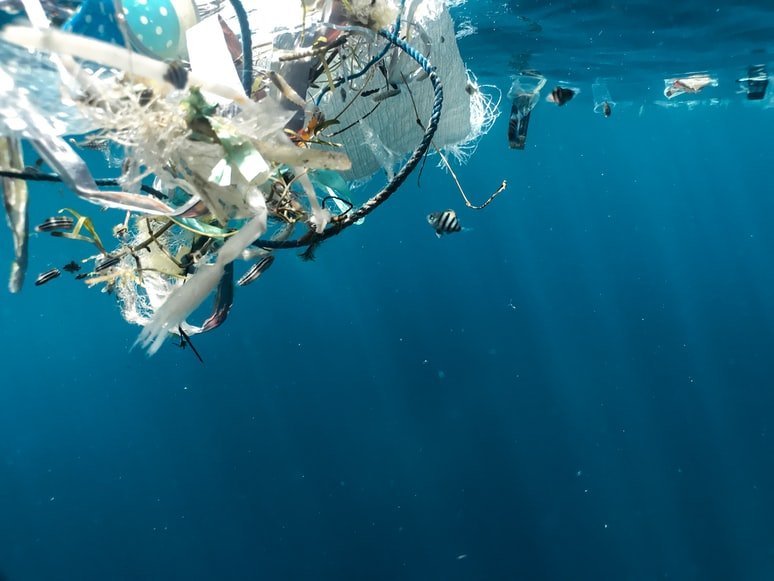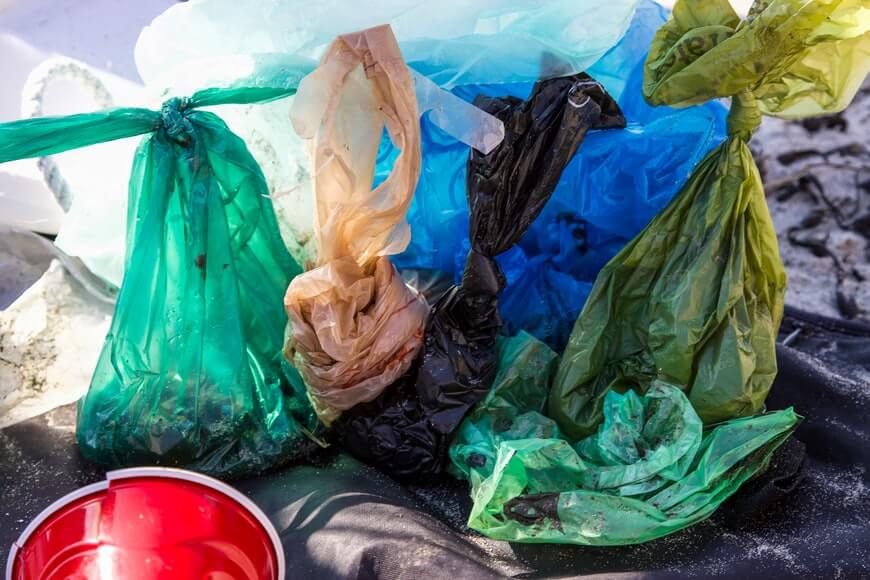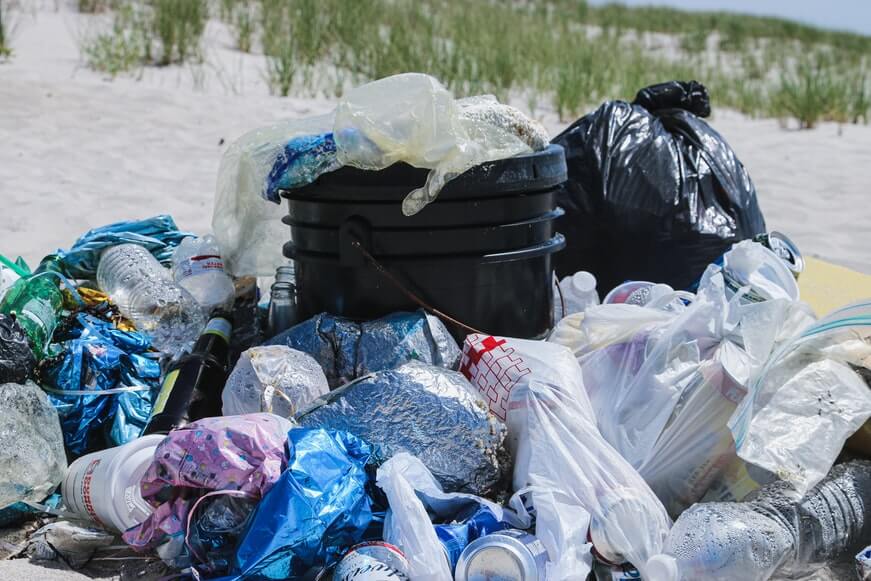Top 5 Reasons Why Plastic Bags Should Be Banned
by Abdul Aziz Mondal Community and Social Services Published on: 11 October 2021 Last Updated on: 30 December 2024

Over more recent years, it has become no secret how much damage single-use plastic is having on our environment. From filling up landfill sites to harming local wildlife, we have seen a huge influx in both businesses and consumers switching to alternatives to minimize their environmental impact.
As well as the recent addition of the carrier bag tax, many people have switched to paper bags or reusable bespoke cotton bags which can be used time after time again, slowly reducing our plastic intake as a nation. To help you get involved and do your part, we’ve pulled together five of the negative effects that plastic bags are having on our planet.
1. Injuring or killing animals
The long life cycle of plastic bags means they spend years out in the open, especially if not disposed of correctly. Wildlife often mistakes this litter as food, attempting to eat the plastic and sometimes suffocating as they get entangled. From wildlife such as birds and hedgehogs to marine life such as turtles and fish, plastic causes a large threat to many. There have been endless findings of dead animals with plastic bags in their stomach or wildlife who have not been able to escape from the tangled plastic they have got themselves caught in.
2. An incredibly long life cycle
The microplastics used to create carrier bags are incredibly long-lasting, taking up to 1,000 years to decompose. The particles slowly break up over the years and even so, greenhouse gases are produced and the plastic fragments are surrounding us as they fill oceans and affect the wildlife. As they make their way into sewage systems and drainage channels, the number of blockages is increased, causing large-scale issues in the community.
According to leading experts at WWF Singapore, the use of plastic, especially single-use plastic needs to be avoided as much as possible. In this regard, it is the government that needs to take proactive steps to dissuade manufacturers and consumers. Education and information on the ill-effects of plastic use can go a long way in helping people understand the real dangers of plastic for future generations to come.
3. Difficult to recycle
Although the majority of households across the country have access to household recycling facilities, unfortunately, plastic bags can not be placed into these. The majority of plastic bags are not suitable for recycling and have a tendency to get stuck in the machinery, meaning they are rejected from the plant. With such a large waste, the impact on our landfill sites is vast.
4. Risk to everyday human health
The tiny particles that are left behind from plastic are found everywhere, impacting our daily life without us even knowing. Being found in tap water, drinks, and even meat, the microplastics contaminate many of our day-to-day substances which can impact our overall wellbeing. Although it is not immediately apparent of the impact, there has been researched into gut health, kidneys, and our respiratory system.
5. There are numerous alternatives
For most of us, carrier bags are essential, being necessary to carry our goods home from the shop or keep our groceries protected from external contaminants. Nowadays, we are spoilt for choice when it comes to alternatives on both a single-use or reusable scale, making the decision an easy one. By bringing your own bags to the store or keeping a couple handy in your car, you can minimize your consumption and do your bit for the planet.
Read Also:





































































































